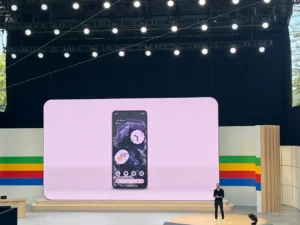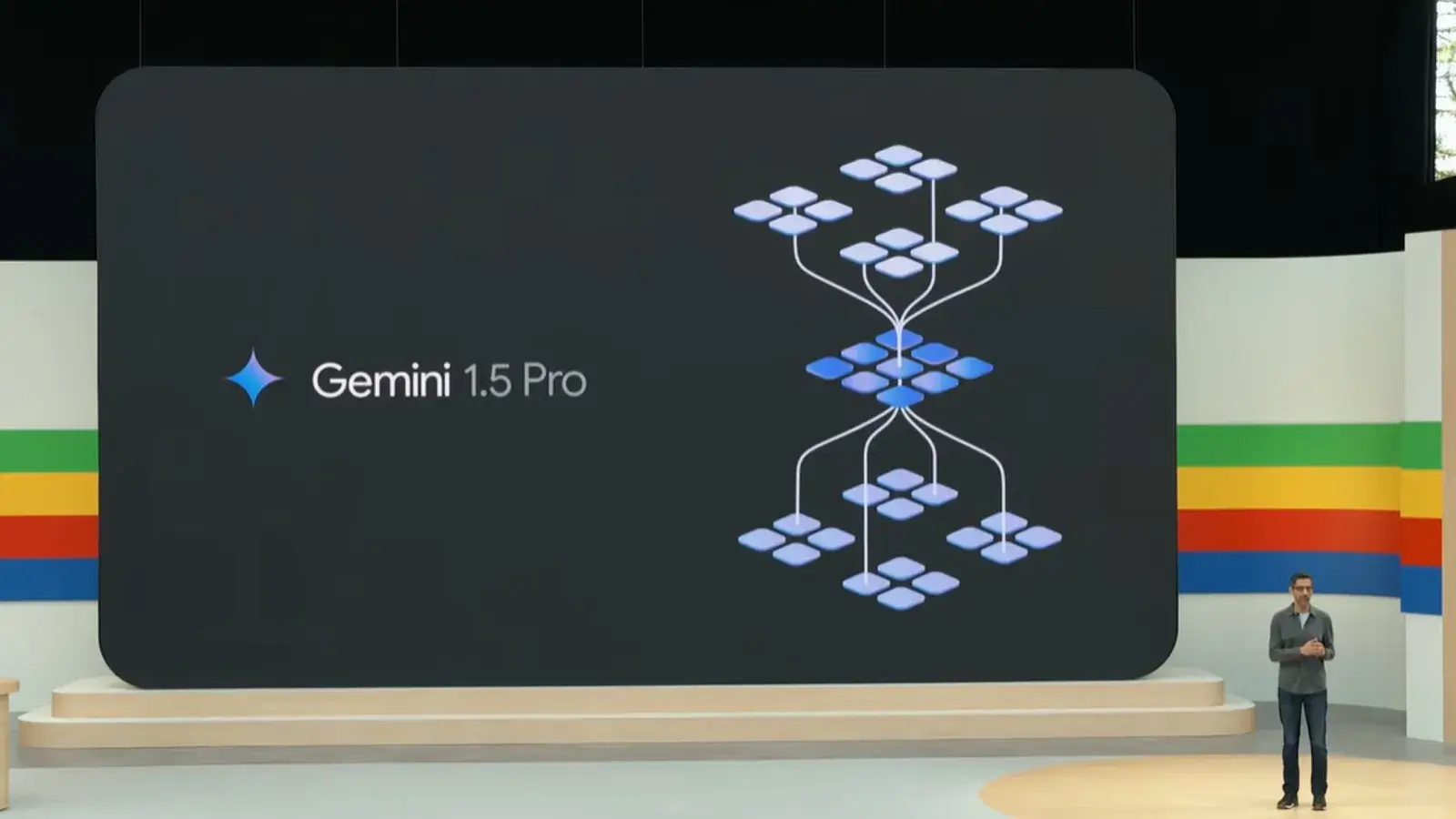The annual Google I/O developer conference wrapped up this week, leaving attendees excited about the future of Android and Google technology. This year’s event placed a firm spotlight on the growing importance of Artificial Intelligence (AI) across Google’s products, focusing on its integration into the Android experience.

Android Embraces AI
Android users can expect a wave of AI-powered features designed to enhance their smartphone experience. From smarter assistants like Project Astra, which leverages video and voice recognition for contextual help, to educational tools like the expanded capabilities of Circle to Search that offers step-by-step solutions for math and physics problems, AI is poised to become a seamless part of daily smartphone use.
Project Starline: A Window to the Future of Communication
Perhaps the most captivating innovation unveiled at Google I/O was Project Starline. This revolutionary video calling technology transcends the limitations of flat screens, creating a 3D experience that feels remarkably like sitting across from someone in person. Project Starline combines AI and 3D imaging to achieve this magic window effect, promising to redefine the landscape of remote communication.
Beyond the Headlines
While AI and Project Starline dominated the headlines, Google I/O also showcased advancements in other areas. The conference saw the reveal of Imagen 3, Google’s most powerful text-to-image model yet, capable of generating incredibly realistic images from user prompts. Additionally, Google introduced Music AI Sandbox, a tool that allows users to create musical loops through AI prompts, opening doors for creative exploration.
A New Era of Human-Machine Interaction
Overall, Google I/O 2024 painted a clear picture of the future Google envisions: a world where AI seamlessly integrates into our daily lives, enhancing our productivity, creativity, and even the way we connect with others. Project Starline, with its groundbreaking approach to video calling, serves as a prime example of this vision in action. As these technologies continue to develop and roll out, we can expect a paradigm shift in the way we interact with technology and, ultimately, with each other.





